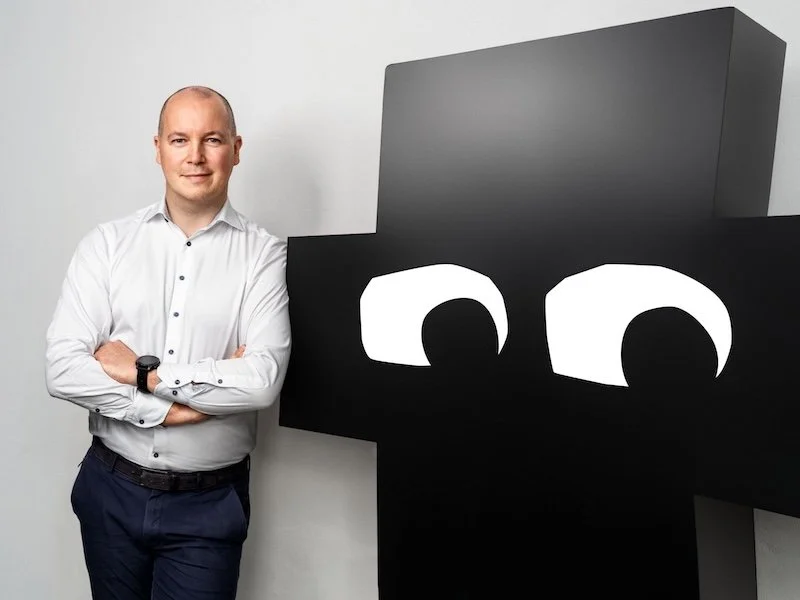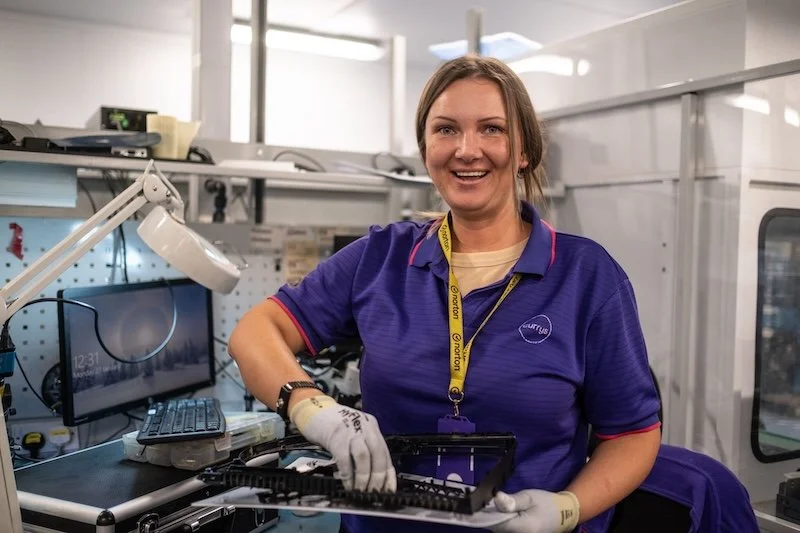Do you know as much about trading as you think you do?
Unlike the advertising industry, which expertly promotes a product or service, the concept of trading isn’t well marketed or well understood. Most people don’t know the first thing about what trading is or how to enter this space.
Before you test your knowledge with a Trading Quiz, you’ll need to know the basics of trading—how it works, what can be traded and the different types out there.
In this handy guide, we’ll provide you with an introduction to the world of trading. Read on to get yourself market ready.
What is trading?
Trading is a mostly freelance profession, whereby traders buy and sell financial items such as stocks, currency pairs or commodities. Being a successful trader requires training and in-depth knowledge of how the markets work.
Trading is often confused with investing but the two concepts are different. That difference lies primarily in the length of time an operation takes to complete. Investing involves buying a share in something to make money in the long term.
Investors buy shares in a company with the intention of holding these for a long time. All being well, the wealth that can be generated grows over time.
In contrast, trading involves buying and selling stocks quickly, sometimes within seconds but most often within days, weeks or months, rather than years.
Trading is a much bigger commitment than investing, which is why it becomes a full-time job for most who engage with it. Traders are expected to think of the process like a business, it requires comprehensive knowledge and dedication.
Trading is a huge industry. There are 1,945 companies trading on the London Stock Exchange alone, with a combined market capitalisation of £3.82 trillion.
How does trading work?
If the operation a trader has undertaken moves in the right direction, they’ll make a profit. If not, they’ll lose money.
More buyers of a specific product lead to greater demand, which results in a higher price. A higher price means you’ve made a profit. It’s that simple really.
Traders identify volatility in the market and exploit these for financial gain. This means that money can also be generated when betting against a company.
What can be traded?
The main items that can be traded are currencies, cryptocurrencies, shares and commodities.
Currency trading involves currency pairs and sees traders bet in favour or against currencies. Real-world events, such as new economic programmes, cause changes in this market and getting ahead of the curve can prove lucrative.
Cryptocurrency trading is the newest arena in which you can buy and sell. Traders make decisions based on the price fluctuation of digital currency.
Shares are traded in an industry known as equity trading. Here, a trader buys and sells shares in a company. The key is to buy and sell shares in up and coming companies or those experiencing temporary challenges.
Trading in commodities is a hugely popular activity. This type of trading invites people to purchase and sell stocks in certain sectors, such as energy. The most valuable commodity that is traded around the world today is oil.
Are there different types of trading?
There are different types of trading based on timeframe. Some, such as scalping trading, involve making split-second decisions while others, like swing trading, happen across a longer period of days or weeks.
There are also different types of trading based on asset type. Currency trading, for example, involves traders buying and selling currency pairs to make a profit.
Crypto trading sees people exploiting digital currency for financial gain. Commodity trading invites traders to buy and sell stocks in softs such as cotton, livestock, energy and metals.
What are the benefits of trading?
Trading is now done online, which has opened up the opportunity for more people to take part in it. Previously only available to elites, buying and selling financial instruments can now be done by anyone.
Existing online and in-app, trading can now be executed on the go, which is especially important in scalping trading, where opportunities exist for only a matter of seconds.
Are markets predictable?
Markets are made up of human activity, which makes them illogical, flawed and fluctuating. If markets were predictable, trading would be incredibly easy. But their unpredictability is what generates wealth for some and losses for others. The trick is to know when to buy, sell and hold.
A trader can predict what will happen next in the market based on what has happened historically and other factors, such as how an election may affect the economic outlook of a country or how customers may desert a popular brand due to a major controversy.















Continue reading…